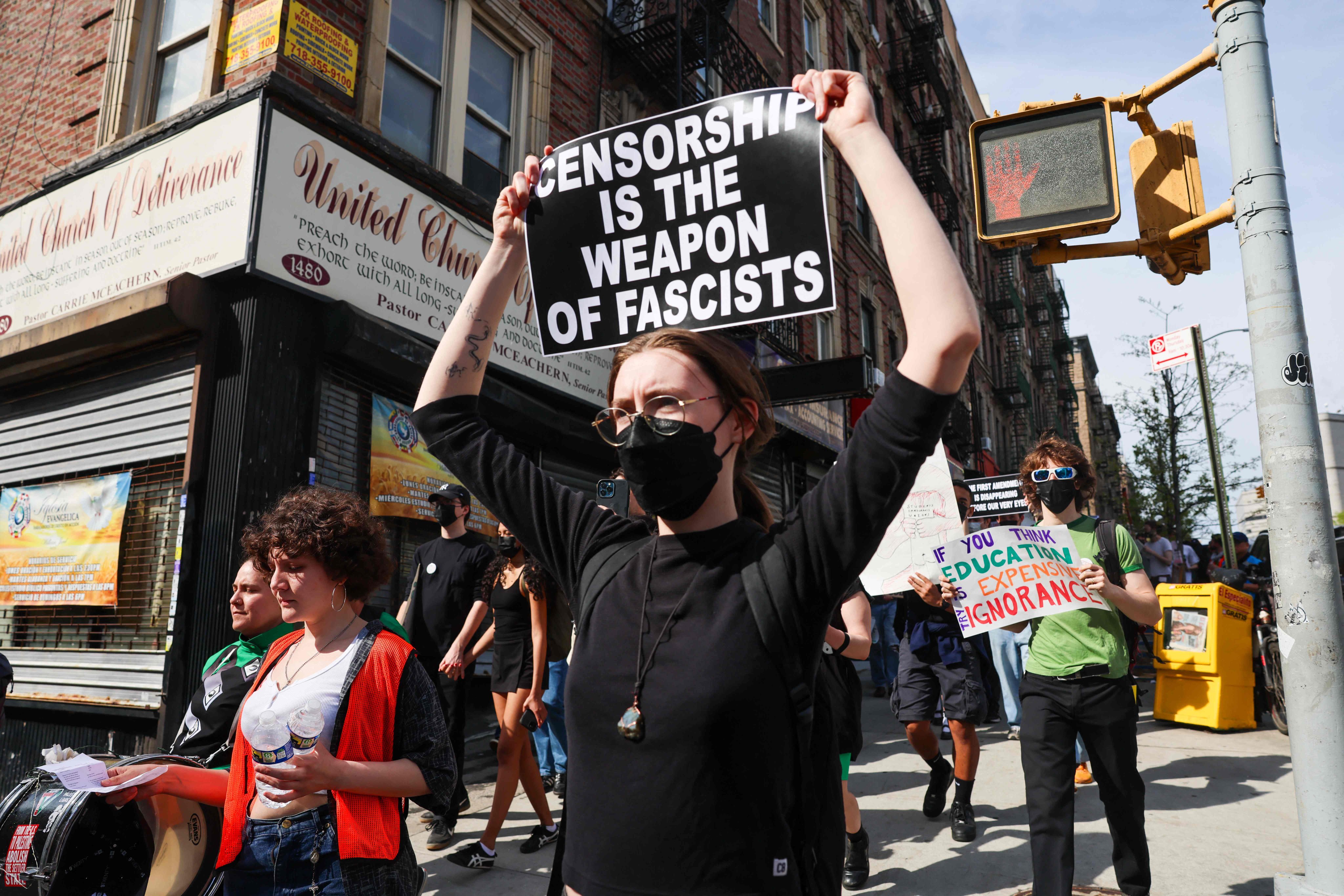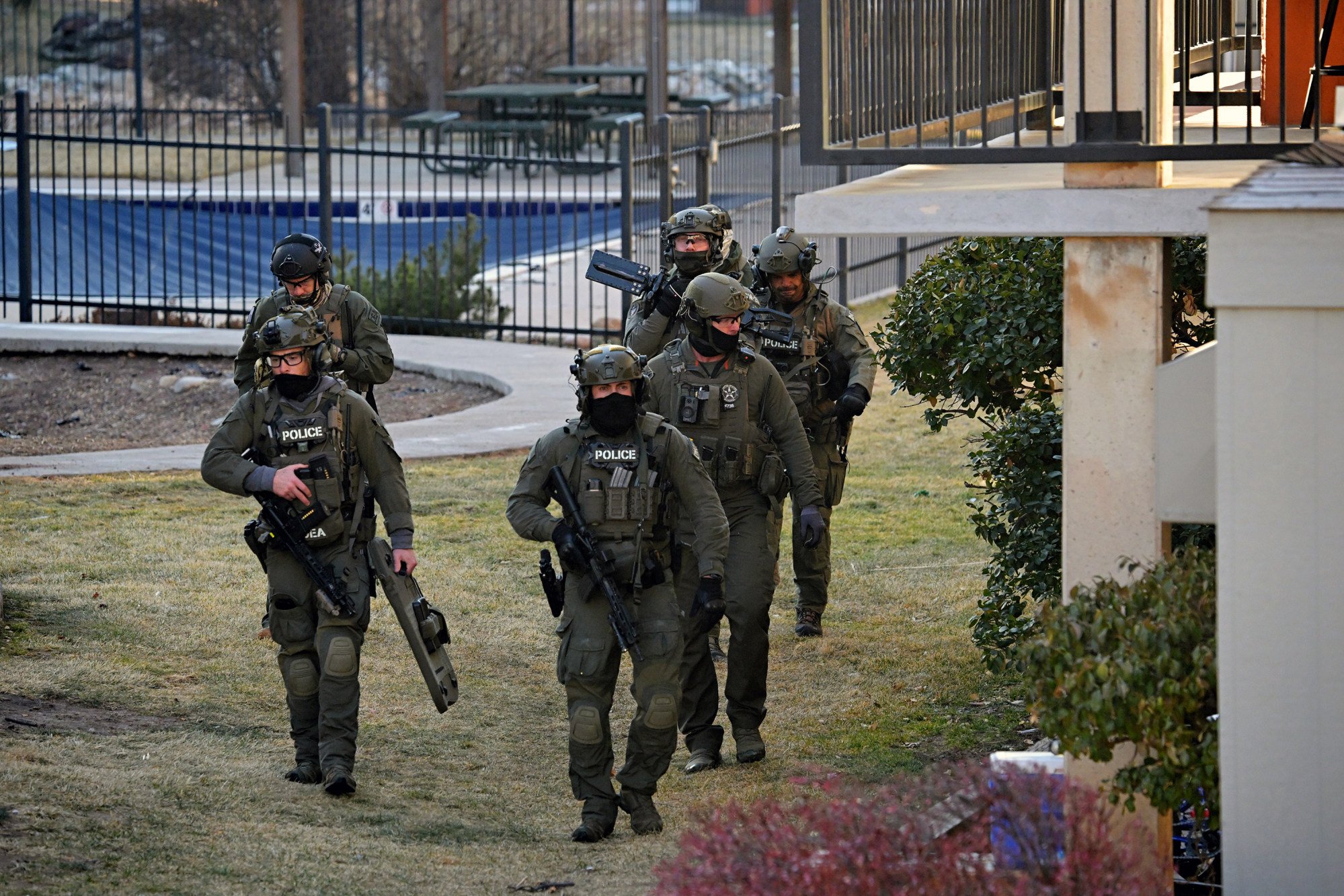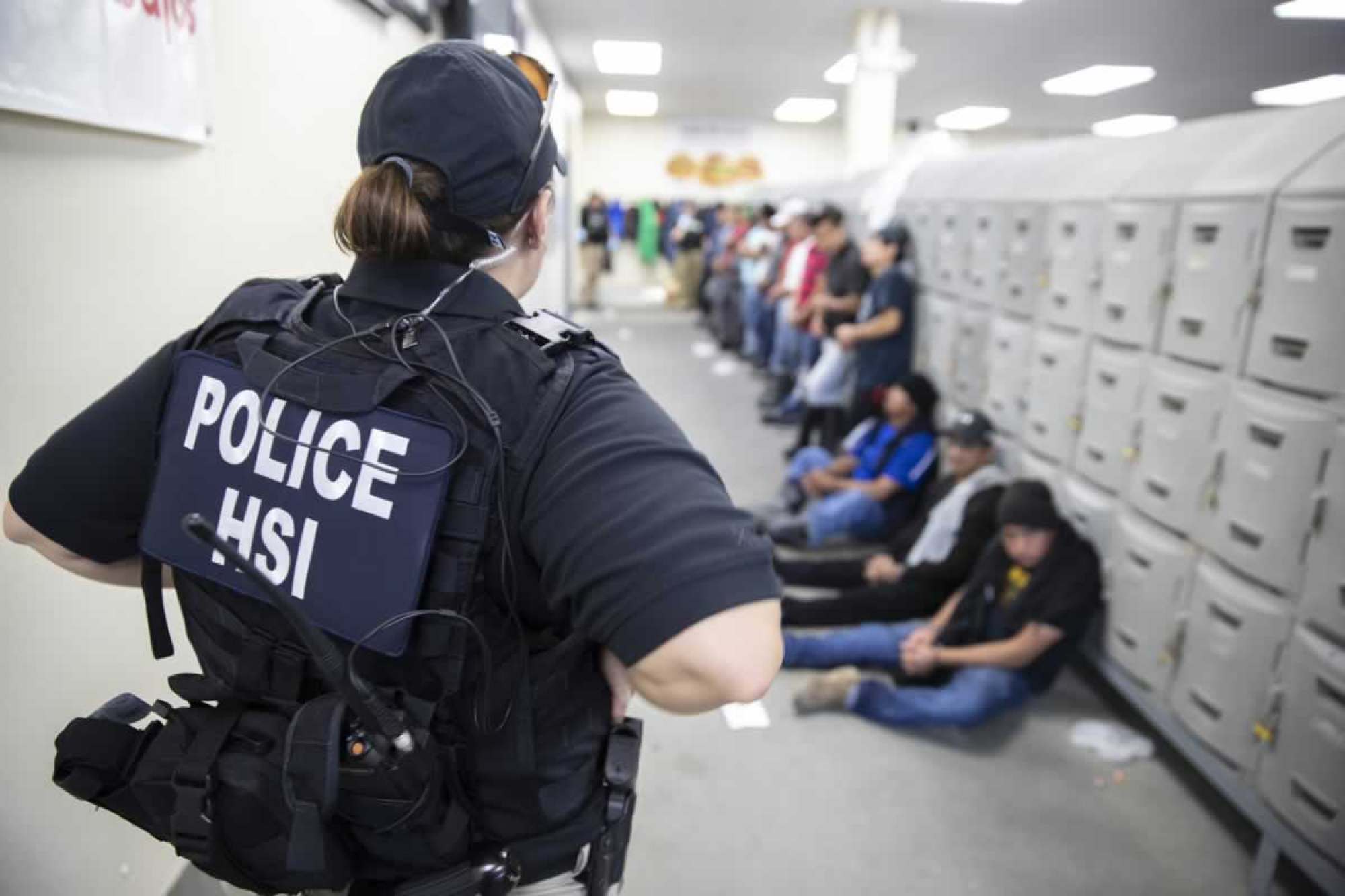Indonesian students in US fear immigration crackdown over political views
Concerns have heightened after an Indonesian student had his US visa revoked and was allegedly detained over his political activism

An Indonesian student who was detained by US immigration agents allegedly over his political activism after his visa was revoked has sparked a diplomatic backlash in Jakarta and deepened anxiety among Indonesians studying in the country amid President Donald Trump’s immigration crackdown.
Aditya Harsono, who came to the US in 2015 to pursue a bachelor’s degree in environmental science from Southwest Minnesota State University, was detained on March 27 by US Immigration and Customs Enforcement (ICE) “just days after his student visa was suddenly revoked without warning,” Aditya’s wife, Peyton Harsono, wrote in a fundraising page she set up on the GoFundMe crowdfunding platform.
Aditya enrolled in the same university’s MBA programme in 2022, according to The New York Times. In addition to his F-1 student visa, he has a pending green card application through his marriage to Peyton, an American citizen.
Sarah Gad, Aditya’s lawyer, told the NYT the Indonesian’s visa revocation was allegedly based on a misdemeanour conviction in 2022, after he drew graffiti on a semi-truck trailer.
Aditya was also arrested in 2021 for breaking curfew during a protest in Minneapolis against the murder of George Floyd, a charge later dismissed by prosecutors, Gad said.
Aditya, who is a Muslim, has also reportedly sold art and merchandise to help Palestinian victims of the Israel-Gaza war. “We fear his political activism played a role in targeting him,” his wife wrote.
Gad did not respond to multiple requests for comments from This Week in Asia.

While the US Department of Justice said on April 25 that it would restore the legal status of hundreds of students whose records were recently terminated, Peyton Harsono said the decision was unlikely to “apply to students who are currently detained”, like Aditya.
More than 1,200 students in 187 colleges across the US have had their visas revoked or legal status terminated since March, according to the Associated Press.
No political activism
The sudden revocation of Aditya’s visa and his subsequent detention have angered officials in Jakarta, with the foreign ministry expressing regret over the treatment of Indonesians by US authorities.
“We express our concern regarding the actions of US immigration officers in detaining Indonesian citizens without due process,” said Judha Nugraha, a foreign affairs ministry director, on April 24.
“Among others, there are those whose visas are still valid, and then revoked without prior notice.”
As of April 24, 20 Indonesians had been questioned by ICE, including six who came to the US on student visas, Judha said. Five of those Indonesians had been deported, he said.
Aditya’s detainment was not “just a matter of individual legal cases, but it concerns the dignity of the [Indonesian] state in protecting its citizens abroad,” Junico Siahaan, a lawmaker in the House of Representatives, said on April 16, as cited by state news agency Antara.
“We urge Indonesian citizens, especially students and diaspora in the US, to be more careful in voicing their opinions. This is not about limiting freedom of expression, but rather understanding the political and legal context that applies in the countries where they live,” Junico said.
The turmoil surrounding visa terminations continued to fuel concerns among Indonesian students in the US, who had been warned since March by their American campuses to think twice about potential visa issues before leaving the US, said Askar Sasongkojati, who is currently pursuing a master’s degree in security studies in Georgetown University in Washington D.C.
“We thought that [the visa revocation] was done only to students from Muslim countries and Latin America, but it turns out to be for students from anywhere,” the 24 year-old told This Week in Asia.
Six international students in Georgetown who were “mostly from the Middle East” had their visas revoked since Trump administration started its crackdown against international students in March, Askar said.
“People are now also becoming wary, perhaps their personal data is being secretly monitored by US security institutions,” he added.
Askar, who came to the US in 2023, said that the crackdown forced him to cancel his homecoming to Indonesia on May 20, where he planned to undergo an “internship project” at Georgetown’s overseas campus in Jakarta.

Launched in January, Georgetown’s Walsh School of Foreign Service is the first US university to have a branch location in Indonesia.
“My J-1 visa was only valid for one year. After it expires, I only rely on my residency permit [to live in the US], but if I enter the US again [from Indonesia], my student visa must be renewed, that is a problem. I am afraid that if I enter the US from Indonesia, my visa cannot be extended,” Askar said.
Askar, who is keen on photography, also said that he had removed photos of protests in the US about “a certain issue in the Middle East” from his social media accounts since January, fearing potential “implications”.
To navigate the uncertain times, Askar, who is also the president of the D.C. branch of Indonesian Students Association in the US, or Permias, advised that his fellow Indonesian students should “be careful if we want to express our opinion, because the risk is greater than the reward”.
“Maybe we can focus our opinion on other [issues] in our own country, besides the US government. That’s a loophole that we can exploit. We should also support each other to stay safe in a foreign country and follow the advice of the Indonesian embassy or consulates,” he said.
On April 14, the Indonesian embassy in Washington issued an appeal for students to follow certain rules, including to avoid returning to the US without a valid student visa, manage their social media accounts wisely, and back up important documents digitally, among others.